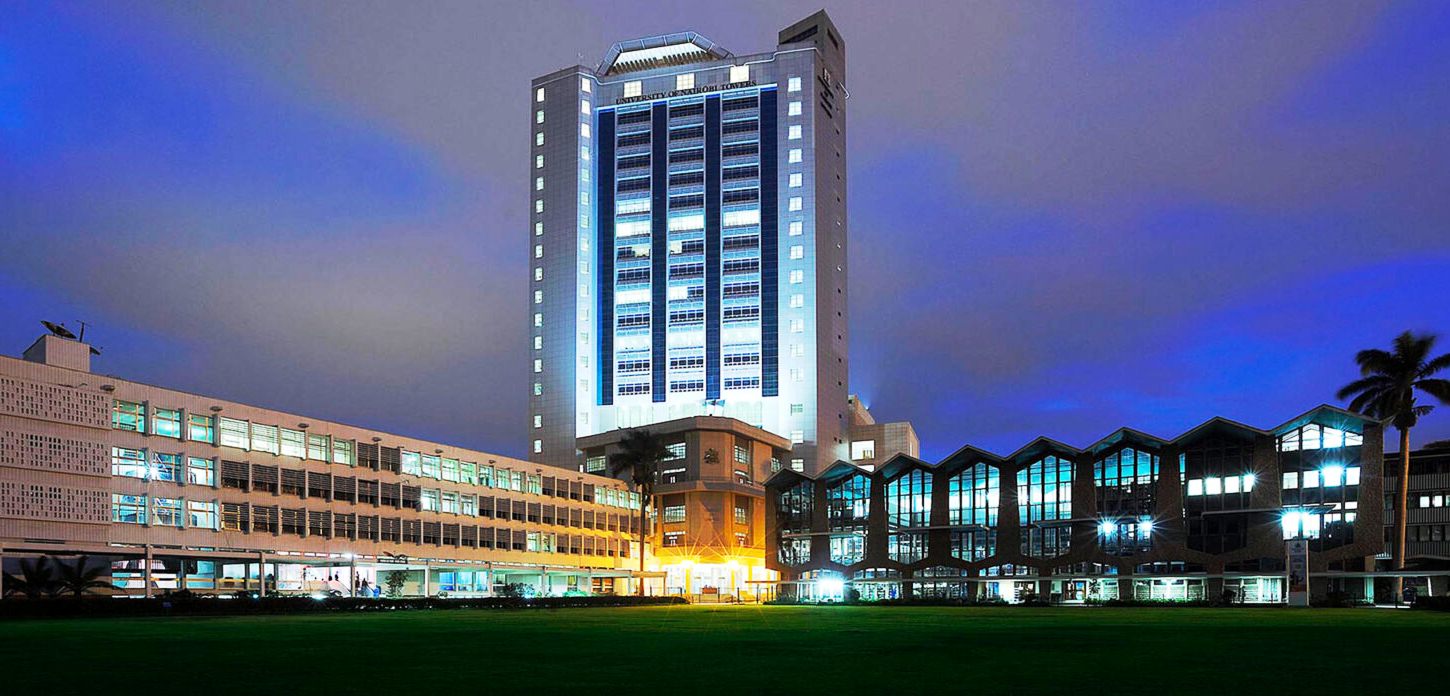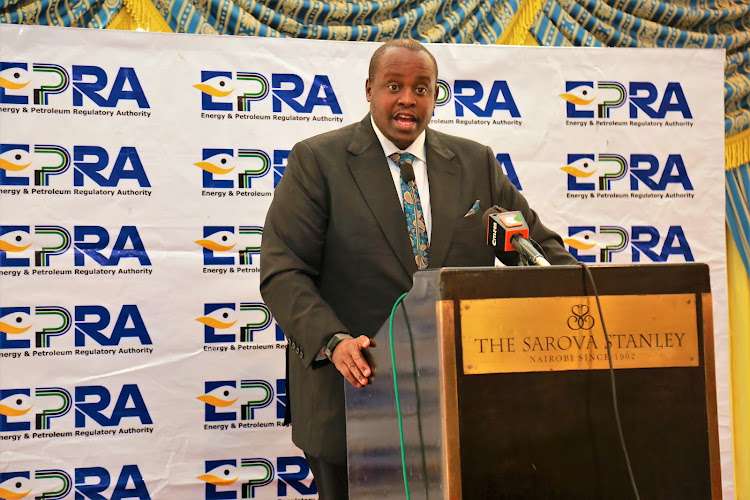The WiL Project, titled “Participation of Women in Economics in Leadership in Academic Institutions in Kenya,” is a groundbreaking initiative addressing the persistent underrepresentation of women in academic and leadership positions within the Department of Economics and Development Studies (DEDS). The project is funded by Co-Impact, with in-kind contributions from the University of Nairobi through AWSC and DEDS in mentorship, monitoring, evaluation, and data systems
To unlock the full article:
Choose one of the options below:
- Ksh 10 – This article only
- Ksh 300 – Monthly subscription
- Ksh 2340 – Yearly subscription (10% off)
By The Weekly Vision Team
The University of Nairobi has taken a bold step toward advancing gender equality in higher education with the launch of a KSh 1.23 billion (US$9.5 million) Women in Leadership Project (WiL Project). The initiative seeks to increase women’s participation in economics and academic leadership, driving inclusive institutional transformation across Kenyan universities.
The African Women Studies Centre (AWSC) officially launched the Women in Leadership Project on 7 November during the AWSC Annual Researchers’ Retreat held in Machakos County. The event was presided over by Prof Jack Odhiambo, Dean of the Faculty of Arts and Social Sciences, who represented Vice-Chancellor Prof Margaret Jesang’ Hutchinson.
The WiL Project, titled “Participation of Women in Economics in Leadership in Academic Institutions in Kenya,” is a groundbreaking initiative addressing the persistent underrepresentation of women in academic and leadership positions within the Department of Economics and Development Studies (DEDS). The project is funded by Co-Impact, with in-kind contributions from the University of Nairobi through AWSC and DEDS in mentorship, monitoring, evaluation, and data systems.
Co-Impact, a global cooperative, brings together changemakers and funders from around the world to strengthen health, education, and economic systems and make them more inclusive and sustainable. With women’s leadership at the core of its mission, the organisation has invested KSh 427 million (US$3.3 million) in the WiL Project, which seeks to achieve gender parity in leadership at DEDS by 2032. Through institutional-level change, Co-Impact aims to dismantle structural barriers that disadvantage women, children, and marginalised communities globally.
The launch event brought together university leaders, researchers, and faculty from AWSC and DEDS, along with stakeholders committed to promoting gender equality and women’s empowerment in academia. Speaking during the event, Prof Odhiambo reaffirmed the University’s commitment to inclusive leadership and equal opportunity. “This project is not just about parity; it is about transforming our institutional culture to create equal opportunities for women to lead, innovate, and inspire,” he said.
The Women in Leadership Project responds to long-standing gender disparities within DEDS, where women constitute only 29 per cent of academic staff and 40 per cent, 35 per cent, and 25 per cent of undergraduate, Master’s, and PhD graduates, respectively.
These figures reveal a declining female presence at higher academic levels, a critical gap in the pipeline for future scholars and leaders.“We see this not as a gap but as an opportunity to rebuild systems that empower women,” said Prof Wanjiku Kabira, Director of the African Women’s Studies Centre, which is implementing the project in collaboration with DEDS.
She noted that the WiL Project builds on AWSC’s success with the Women’s Economic Empowerment Hub Programme. “This comes soon after AWSC successfully concluded another five-year project worth US$3 million funded by the Bill and Melinda Gates Foundation,” she added.
Prof Kabira emphasised that AWSC continues to advance gender-responsive policy reforms in collaboration with national partners such as the National Treasury, Public Procurement Regulatory Authority (PPRA), Kenya Industrial Research and Development Institute (KIRDI), Kenya Industrial Estates, and the State Departments for Gender and Affirmative Action, Social Protection, MSMEs, and the East African Community.
The seven-year project will be implemented through five strategic modules: institutional analysis and change, strategy development, organisational readiness, learning, monitoring and evaluation, and envisioning the institution of the future. In its first five years, the WiL Project aims to directly impact 1,596 women (46 per cent), increasing to 2,442 women (48 per cent) within seven years.
Wider institutional benefits are expected across the University, including increased female enrolment and graduation rates, gender-sensitive recruitment and promotion, a mentorship programme, and the establishment of a gender mainstreaming and inclusion directorate as well as gender-disaggregated data systems.
The project will also advance the University’s goal of becoming a top regional institution by strengthening gender equality and inclusivity in academic governance and policy implementation. A major highlight of the initiative is the planned introduction of a Bachelor of Feminist Economics, a pioneering academic programme envisioned to redefine the way economics is taught and understood.
“When women lead, the world changes for the better,” concluded Prof Tabitha Kiriti-Ng’ang’a, who is the principal investigator in the WiL Project. “This initiative reflects our collective commitment to building a university and a society that values every voice.”
[/full]




